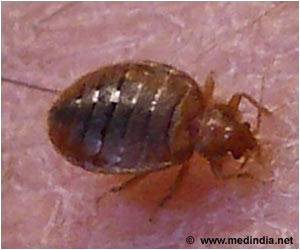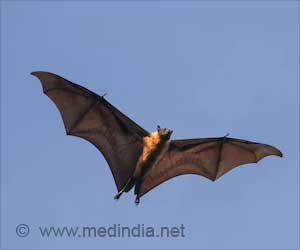The deadly Ebola outbreak in the worst-hit countries of Guinea, Liberia and Sierra Leone still remains a public health emergency of international concern .

The experts however took issue with "inappropriate" measures put in place by some countries, including quarantining aid workers, closing borders and cancelling flights. Such measures not only interfere with international travel and impact local economies, but also hamper Ebola response and recovery efforts because they make it more difficult for aid workers to move in and out of the affected countries, Aylward said.
The west African countries ravaged by the virus, which has claimed nearly 10,600 lives in the past 15 months, have meanwhile made significant strides in cutting transmission, he said. Last week, Sierra Leone, Guinea and Liberia registered only 30 new confirmed cases, down from 82 a week earlier and 150 three weeks ago.
While Liberia, long the hardest-hit country, has registered no new cases for several weeks, Sierra Leone last week saw nine and Guinea, where the outbreak started in December 2013, counted 21. At the height of the outbreak last September and October, Libera was registering more than 300 new cases each week. Aylward said the significant decline in transmission "reflects real progress."
While new cases are still popping up along their coasts, the three countries appeared to be "on track" to meet their target to halt transmission completely in the interior before the rainy season begins next month, flooding roads and making it all the more difficult to bring in assistance.
But "the risks are still substantial", Aylward warned, pointing out that the deadly outbreak "began with one case", meaning a single case could potentially spark a resurgence of the disease.
Advertisement
Source-AFP










